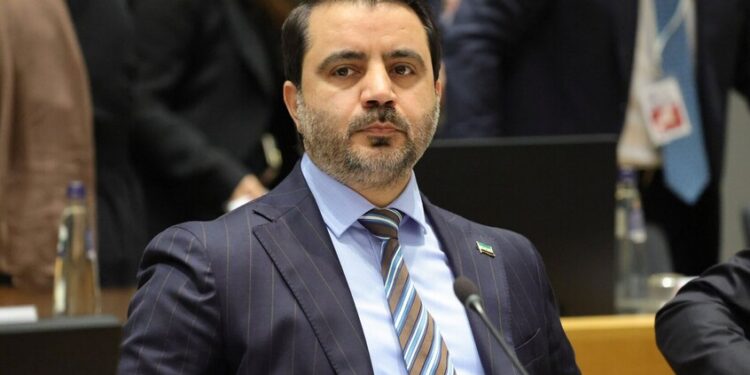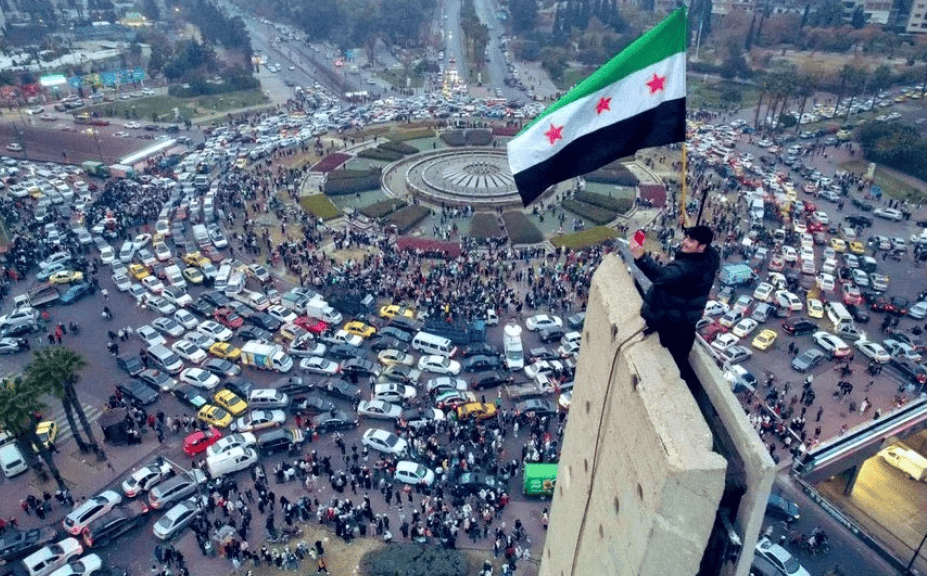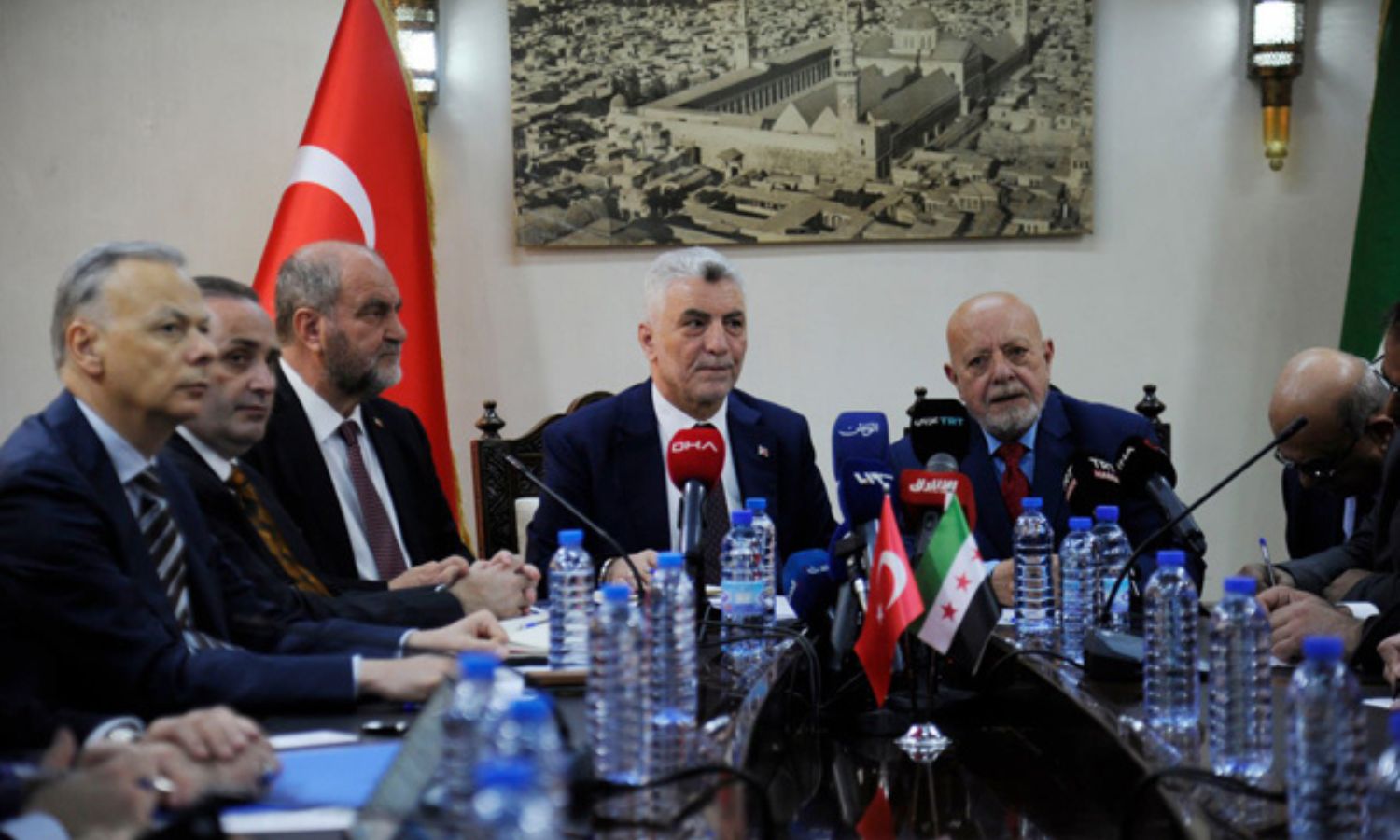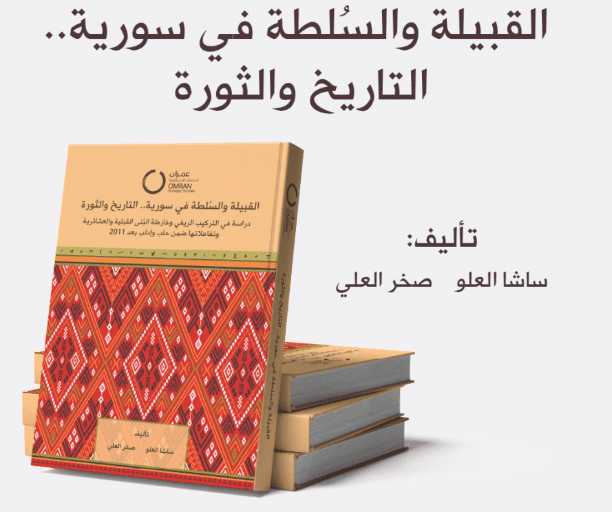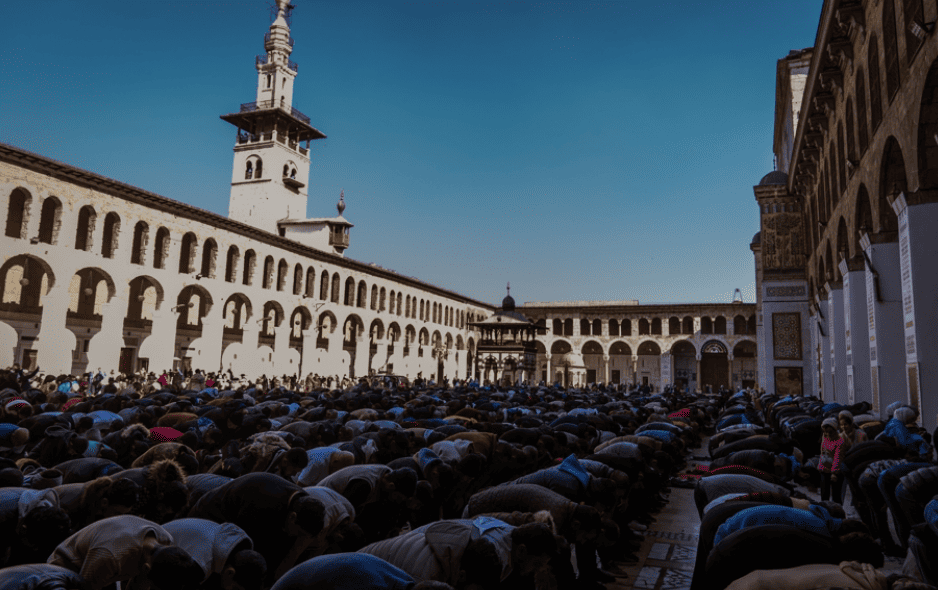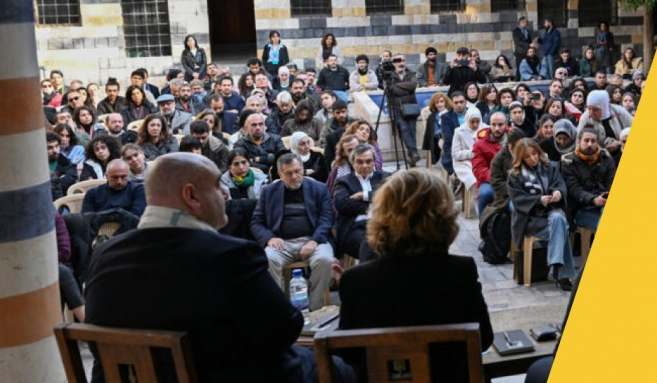Follow-ups – Press Details
In a new step that breaks decades of estrangement, a high-level Syrian government delegation arrived in Washington, D.C., to participate in the annual spring meetings of the International Monetary Fund and the World Bank. This visit is considered an attempt at reconstruction after years of war and sanctions.
The delegation included Syrian Finance Minister Mohammad Yusr Barniyeh and the Governor of the Central Bank of Syria, Abdul Qader al-Husriya. Foreign Minister Asaad al-Shaibani traveled to New York to attend Security Council sessions and hold side diplomatic meetings. They are scheduled to hold a series of meetings with officials from international financial institutions and American and European diplomats.
Goals of the Visit: Reintegration and Reconstruction Financing
The Syrian Finance Minister confirmed that the visit aims to “reintegrate Syria into the international financial system,” with a focus on obtaining financial grants to support vital sectors such as electricity and infrastructure, which have been devastated by the war. Sources revealed that the World Bank is considering providing an aid package worth hundreds of millions of dollars to improve the electricity grid and pay government employee salaries. Syria is also exploring the possibility of selling its $563 million Special Drawing Rights (SDRs) from the International Monetary Fund, despite legal obstacles due to sanctions.
For his part, the Governor of the Central Bank of Syria, Abdul Qader al-Husriya, stressed that “reintegrating Syria into the international financial system is a top priority at this stage,” affirming the delegation’s commitment to exerting maximum efforts to achieve this goal.
Major Obstacles: US Sanctions and Conditions
Despite cautious optimism, Syria faces significant obstacles, most notably the continued US and European sanctions, which UN Assistant Secretary-General Abdullah al-Dardari described as “a major obstacle to recovery.” He indicated that Syria requires “tens of billions of dollars in investments” that cannot be secured under the sanctions. For its part, Washington has presented Damascus with a list of conditions, including financial and political reforms, as a precondition for easing sanctions, according to diplomatic sources.
Regional and International Role: Saudi Arabia and the United Nations Support the Process
In a related context, Saudi Arabia paid off Syria’s $15 million in overdue debt to the World Bank, opening the door for Damascus to apply for concessional loans. The United Nations Development Program also announced a $1.3 billion aid plan for Syria over three years, including infrastructure repair and support for small businesses. Al-Dardari emphasized that “investing in Syria is a global benefit,” calling for a “comprehensive” lifting of sanctions.
Expert Assessment: Opportunities and Challenges
Economic experts see the delegation’s visit as a “rare opportunity” to reconnect with international financial institutions, but they warn of technical complications, such as the Syrian banking system’s failure to meet global standards and the difficulty of transferring funds due to sanctions. Some analysts also question Syria’s ability to meet the World Bank’s conditions, particularly regarding financial transparency.
This visit is a true test of the international community’s will to support Syria after the fall of the Assad regime. The question remains as to whether this diplomatic and economic effort will achieve a real breakthrough in the wall of isolation and bring about a tangible shift in the course of the Syrian situation.


